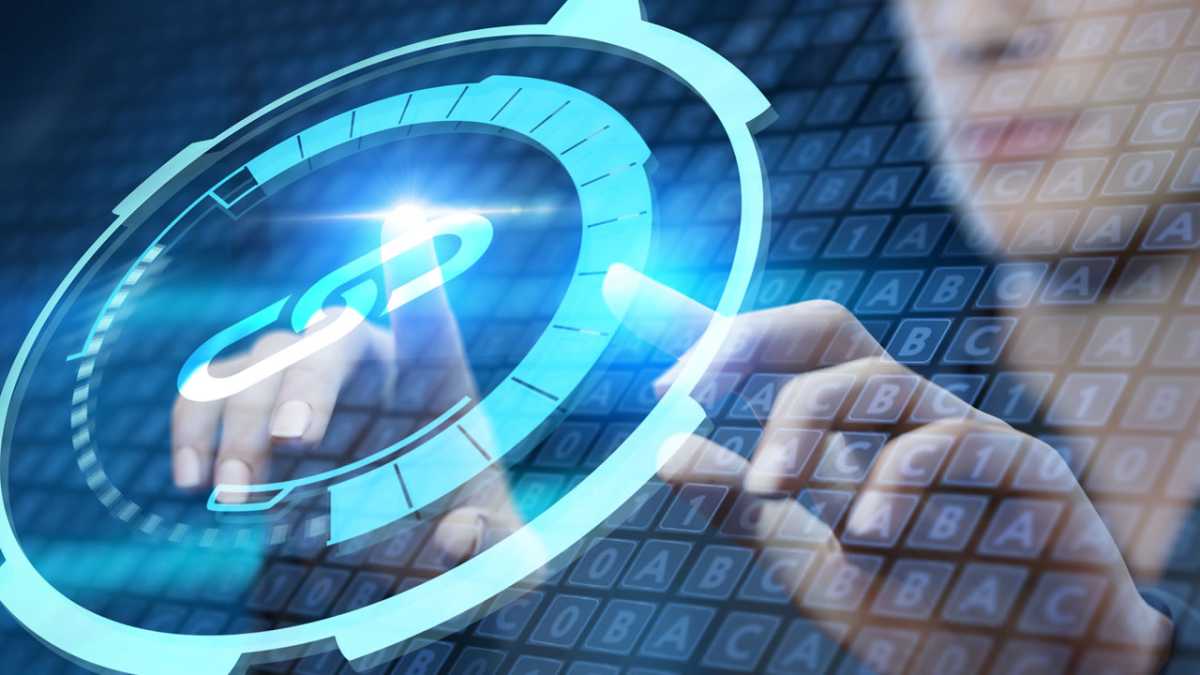Features
The Role Of Blockchain In Securing Data

In today’s digital era, data security is of utmost importance. With the increasing occurrence of cyberattacks and data breaches, businesses and individuals need robust solutions to protect their valuable information. Blockchain technology has emerged as a game-changer in the field of data security, offering decentralized, transparent, and tamper-proof solutions. In this article, we will explore the role of blockchain in securing data and its potential impact on various industries.
What is Blockchain?
Blockchain is a distributed ledger technology that enables the secure and transparent storage and transfer of data. It consists of a chain of blocks, where each block contains a unique cryptographic hash, a timestamp, and transaction data. The data in a blockchain is stored across a network of computers (nodes) and is synchronized and verified through consensus mechanisms like proof-of-work or proof-of-stake.
Immutability and Tamper-Proof Nature
One of the key features of blockchain technology is its immutability and tamper-proof nature. Once a block is added to the blockchain, it becomes practically impossible to alter or delete the data within it. Each block contains a cryptographic hash that is computed based on the content of the previous block, creating a chain of interlinked blocks. Any modification to a single block would require the alteration of all subsequent blocks, rendering the task virtually impossible due to the computational power required.
This immutability makes blockchain an ideal solution for securing data. It ensures that once data is stored on the blockchain, it remains unchanged and trustworthy. This feature is particularly beneficial in industries like healthcare and finance, where data integrity is critical.
Decentralization and Distributed Storage
Blockchain technology replaces the traditional centralized storage model with a decentralized network. Unlike centralized databases that are vulnerable to single points of failure and targeted attacks, a blockchain operates on multiple nodes spread across the network. Each node has a complete copy of the blockchain, ensuring redundancy and fault tolerance.
This decentralized structure enhances data security by eliminating the reliance on a single authority or organization. Even if some nodes fail or are compromised, the data remains intact and accessible on other nodes in the network. It significantly reduces the risk of data breaches, as an attacker would need to compromise a majority of the network nodes simultaneously to tamper with the data.
Transparent and Auditability
Blockchain provides transparency and auditability, allowing anyone with access to the network to verify the data. The decentralized nature of blockchain ensures that all participants have equal access to the information, making the system more transparent and trustworthy.
In industries such as supply chain management and food safety, blockchain’s transparency enables the tracking and tracing of products at each stage of the supply chain. It provides an immutable record of all transactions and activities, allowing businesses and consumers to verify the authenticity, origin, and quality of products.
Encryption and Access Control
Blockchain employs advanced cryptographic algorithms to encrypt and secure data stored on the network. Each user or participant in the blockchain network has a unique cryptographic key pair consisting of a public and private key. Transactions or data stored on the blockchain are signed with the user’s private key, and they can be verified using the corresponding public key.
Additionally, blockchain technology allows for fine-grained access control, where data can be encrypted and shared only with authorized parties. Smart contracts, self-executing contracts with predefined rules, can be utilized to control access and permissions to specific data within a blockchain. This ensures that sensitive information remains secure and only accessible to authorized individuals.
Use Cases in Various Industries
Blockchain has the potential to revolutionize data security across various industries. Here are a few notable examples:
Finance and Banking:
Blockchain can enhance security in financial transactions by providing a transparent and immutable ledger. It can streamline processes like cross-border payments, remittances, and trade finance while minimizing the risk of fraud or manipulation.
Healthcare:
In the healthcare industry, blockchain can ensure secure storage and sharing of patient records while maintaining privacy and control over sensitive data. It can also facilitate the interoperability of various healthcare systems, improving efficiency in diagnostics and treatment.
Supply Chain Management:
Blockchain can track and verify the authenticity and origin of products throughout the supply chain, reducing the risk of counterfeiting and improving transparency. It can also ensure fair labor practices and ethical sourcing in industries like fashion and agriculture.
Government Services:
Blockchain technology can enhance the security and efficiency of government services, such as identity management, voting systems, and public records. It can reduce the risk of identity theft, ensure transparency in elections, and streamline bureaucratic processes.
Conclusion
Blockchain technology offers a powerful solution to the increasing need for data security. Its decentralized, transparent, and tamper-proof nature provides a robust foundation for securing sensitive information across various industries. As blockchain continues to evolve and mature, its potential applications in data security will likely expand, transforming how we store, share, and verify data in the digital age.
By adopting blockchain-based solutions, businesses and individuals can mitigate the risks of data breaches, establish trust, and ensure the integrity of their valuable data assets. As we move forward, the role of blockchain in securing data will undoubtedly become even more significant.










